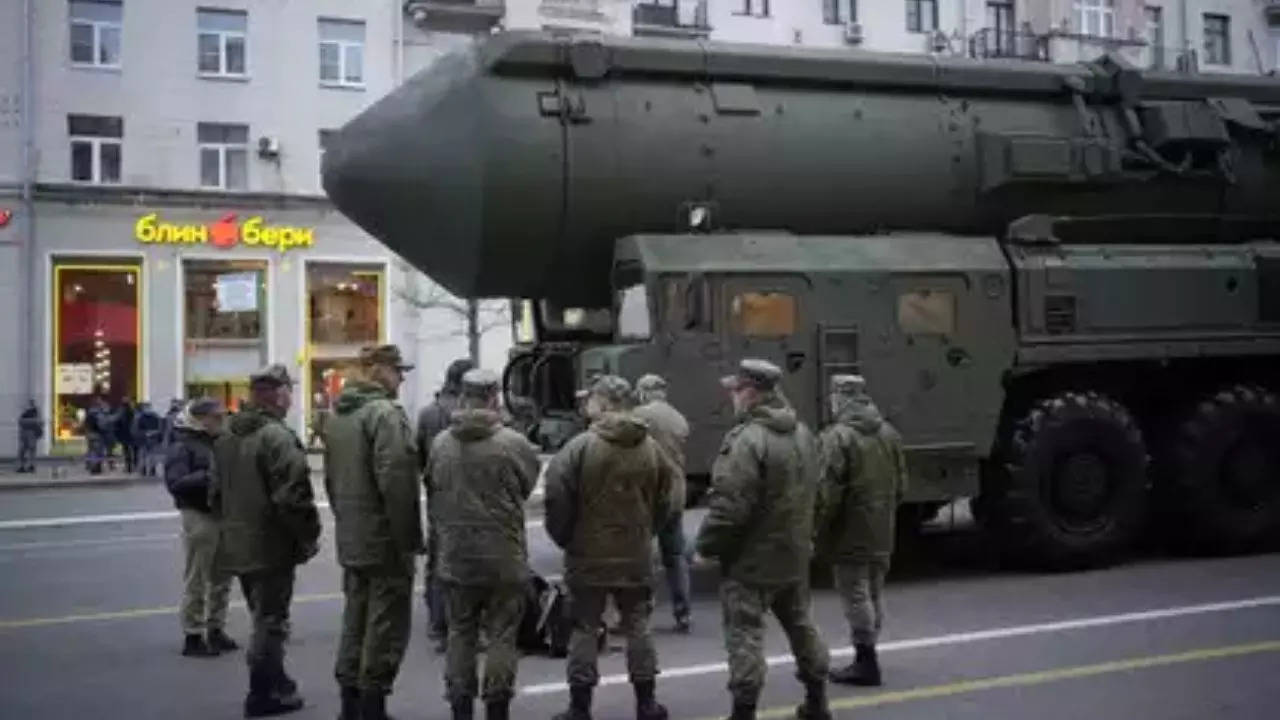After the fall of the Soviet Union, Ukraine inherited a significant nuclear stockpile. Despite having these nuclear weapons, Ukraine relinquished them due to financial burdens and geopolitical risks. The 1994 Budapest Memorandum promised security guarantees, which proved unreliable when Russia annexed Crimea and supported separatists in Ukraine. The ongoing Russia-Ukraine conflict highlights the vulnerabilities of Ukrainian security without nuclear deterrence. Ukraine’s decision to give up its nuclear weapons has left the country exposed to external threats, particularly from Russia. The annexation of Crimea and ongoing conflict in eastern Ukraine have underscored the importance of a strong defense strategy for the country. The lack of nuclear deterrence has made Ukraine more reliant on international support and alliances, which have proven to be insufficient in deterring Russian aggression. As tensions continue to escalate in the region, the need for a comprehensive security plan for Ukraine is more crucial than ever. The international community, including India, plays a vital role in ensuring Ukraine’s security and sovereignty in the face of growing threats. It is imperative for Ukraine to reassess its security measures and explore new avenues for defense cooperation to protect its territorial integrity and national interests. In light of recent events, the spotlight is once again on Ukraine’s security challenges and the implications of its decision to denuclearize.

Posted in
JUST IN
Ukraine’s Decision to Relinquish Nuclear Weapons Leaves Security Vulnerabilities Amid Russia-Ukraine Conflict: Analysis
In Trend

“India’s economy shows signs of recovery with 3.1% growth in Q4, beating expectations”

















